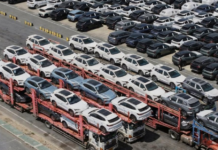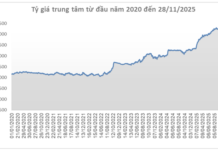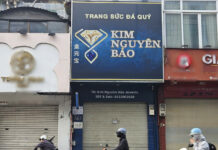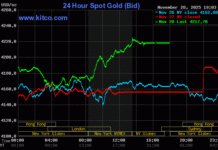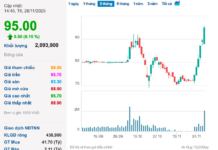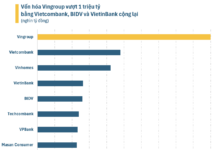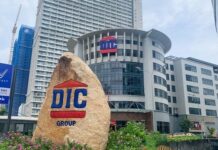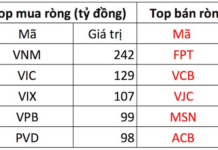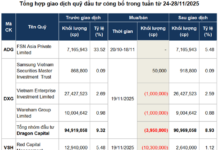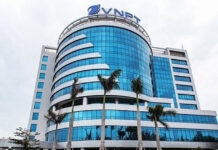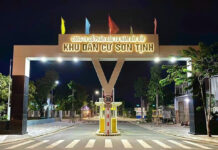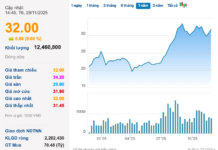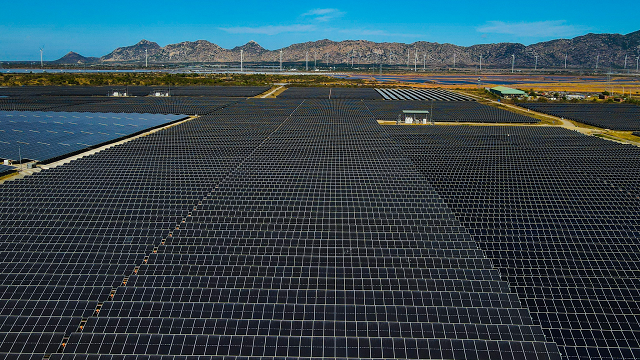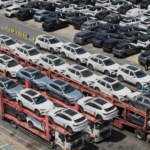Reprimanded by the Disciplinary Inspection Commission
On February 23, the Ministry of Industry and Trade organized the presentation of the Minister of Industry and Trade’s decision on personnel work. In which, many leaders of departments and bureaus of the Ministry of Industry and Trade were promoted to deputy director positions in other units.
In particular, Mr. Phuong Hoang Kim, who is currently the Head of the Energy Conservation Department, has been transferred and appointed as the Deputy Head of the Science and Technology Department. Previously, Mr. Kim was the Director of the Electricity and Renewable Energy Department.
Mr. Tran Duy Dong, the Director of the Import-Export Department, has been transferred and appointed to the position of Deputy Director of the Trade Promotion Department. Mr. Dong has just taken office as the Director of the Import-Export Department and previously served for many years as the Head of the Domestic Market Department – the advisory agency for the Ministry of Industry and Trade in petroleum management.
Mr. Hoang Tien Dung, Director of the Electricity and Renewable Energy Department, has been transferred and appointed as the Director of the Institute of Mining Science and Technology.
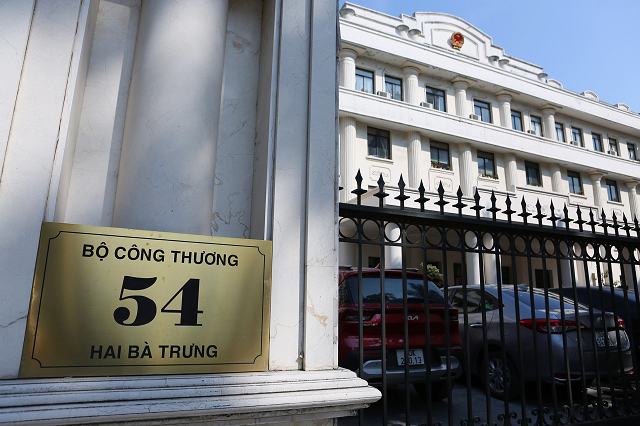 The Ministry of Industry and Trade has experienced many personnel changes. Photo: Anh Nguyen |
The above-mentioned officials have all been disciplined by the Central Inspection Commission.
From December 18-20, 2023, the Central Inspection Commission reviewed and concluded on a number of matters, including reviewing the results of inspections that showed signs of violations by the Party Committee of the Ministry of Industry and Trade.
Accordingly, the Party Committee of the Ministry of Industry and Trade violated the principles of democratic centralism and working regulations; lacked responsibility and leadership, resulting in the Ministry of Industry and Trade and many organizations and individuals seriously violating the Party’s regulations and the state’s laws in the work of consultation and issuance of mechanisms for the development of solar and wind power, the implementation of the Adjusted Electricity Planning VII; in the consultation and issuance of business mechanisms, supply and licensing of petroleum business, as well as the management and use of the Price Stabilization Fund…
In addition to the responsibilities of the Party Committee of the Ministry of Industry and Trade, the above-mentioned personnel were also held accountable by the Central Inspection Commission.
At its 35th session held on January 10, 11, and 19, 2024, the Central Inspection Commission also reprimanded Mr. Nguyen Anh Tuan, Mr. Tran Duy Dong, Mr. Phuong Hoang Kim… Mr. Hoang Tien Dung was given a warning.
The Government Inspectorate names violations related to power planning and petroleum management
In December 2023, the Government Inspectorate issued a notification summarizing the inspection results of Electricity Planning VII and the Adjusted Electricity Planning VII.
The inspection report also stated that during the period up to 2020, there were 168 solar power projects with a total capacity of 14,707 MW/850 MW approved (17.3 times higher than the set target) without legal grounds. Notably, 129 projects were already in commercial operation with a capacity of 8,642 MW, exceeding the approved capacity by 10 times and even surpassing the planned capacity for 2025 (4,000 MW).
|
Solar power is developing rapidly. Photo: Thach Thao |
In addition, rooftop solar power has also seen rapid development (with a total capacity of 7,864 MW), bringing the total solar power capacity to 16,506 MW, 19.42 times higher than the approved capacity in the Adjusted Electricity Planning VII. This has resulted in the share of solar power capacity increasing from 1.4% to 23.8%.
Furthermore, the inspection report also pointed out “gaps” in the guidelines and recommendations for the issuance of preferential feed-in tariff (FIT); the management and use of land for investment in wind and solar power projects…
The inspection report clearly stated that the inspection agency has forwarded the conclusions to the Central Inspection Commission for consideration and handling within its jurisdiction regarding Party Central Committee members and Secretariat members related to the existing deficiencies and violations mentioned in the inspection report.
Based on the inspection conclusions and the Prime Minister’s directives, the Ministry of Industry and Trade needs to conduct accountability, handle responsibilities according to the provisions of the law for organizations and individuals involved in the identified deficiencies and violations.
In the field of petroleum, the conclusions of the Government Inspectorate announced on January 4, 2024, stated: From January 1, 2017, to June 30, 2022, the Ministry of Industry and Trade issued 37 licenses for petroleum export and import business (excluding 4 licenses granted to principal petroleum traders for aviation activities) and issued 347 Certificates of Eligibility for Petroleum Distribution Traders (PTDT).
The Government Inspectorate pointed out that allowing the rental of warehouses and tanks as a condition for granting licenses and certificates has not encouraged principal traders to invest in developing petroleum storage facilities, resulting in difficulties in meeting the requirements for commercial petroleum reserves. From 2017 to September 2022, the actual investment in the construction of commercial petroleum storage facilities only reached 15% of the planned target.
The majority of principal traders and petroleum distribution traders mainly rent warehouses and tanks as a requirement for applying for licenses and certificates. Many principal traders and PTDT sign seasonal contracts to minimize costs for renting warehouses and tanks according to their actual usage.
“This is one of the causes leading to violations in the licensing process and the fulfillment of licensing conditions by the Ministry of Industry and Trade, principal traders, and PTDTs,” concluded the Government Inspectorate.
Luong Bang

